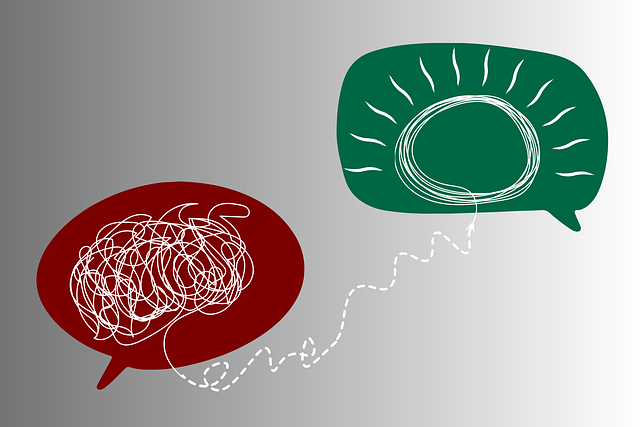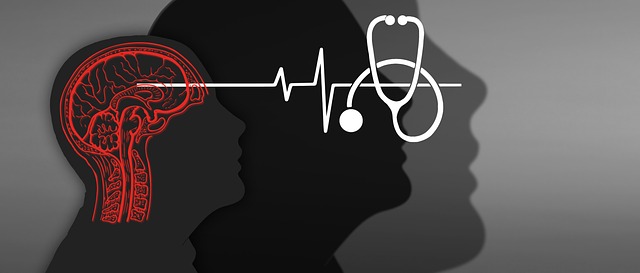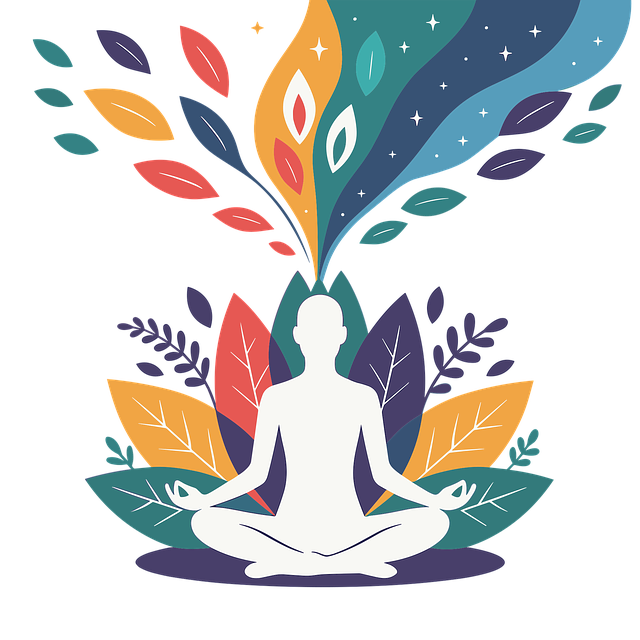Mental wellness self-care is essential for overall health, especially in today's fast-paced world. By incorporating tailored practices into daily routines, individuals can prevent and manage stress, anxiety, and even severe conditions like those treated at Wheat Ridge Alcohol Abuse Therapy. Personalized routines, including physical exercise, meditation, nature time, and creative pursuits, enhance resilience and quality of life. Neglecting mental wellness can lead to serious risks, so proactive measures through self-reflection, setting boundaries, and recharging activities are crucial for healthcare providers and individuals alike, as emphasized by Wheat Ridge Alcohol Abuse Therapy.
Mental wellness self-care is an essential aspect of maintaining overall health. In today’s fast-paced world, establishing a routine can be transformative. This article guides you through a holistic approach to mental wellness, starting with understanding its significance and assessing your current practices. We’ll explore how Wheat Ridge Alcohol Abuse Therapy offers valuable insights into crafting a personalized self-care routine, complete with essential components for optimal well-being. Learn tips and strategies to integrate self-care seamlessly into your daily life.
- Understanding the Importance of Mental Wellness Self-Care
- Assessing Your Current Routine and Identifying Areas for Improvement
- Crafting a Personalized Self-Care Routine: Essential Components
- Integrating Self-Care into Daily Life: Tips and Strategies from Wheat Ridge Alcohol Abuse Therapy
Understanding the Importance of Mental Wellness Self-Care

Mental wellness self-care is an essential aspect of overall health and well-being, especially in today’s fast-paced world. It involves actively managing and nurturing your mental health, which can prevent or mitigate stress, anxiety, and even more severe conditions like those treated at Wheat Ridge Alcohol Abuse Therapy. By incorporating tailored self-care practices into daily routines, individuals can enhance their resilience and overall quality of life.
Self-care is not a luxury but a necessary practice to foster emotional balance and maintain good mental health. It includes various activities that promote relaxation, mindfulness, and personal growth. For many, this might involve physical exercise, meditation, spending time in nature, or engaging in creative pursuits. Implementing a structured self-care routine can help individuals set boundaries, reduce the impact of stressors, and improve their ability to cope with life’s challenges, especially when supported by community outreach programs and culturally sensitive mental healthcare practices.
Assessing Your Current Routine and Identifying Areas for Improvement

Many individuals approach mental wellness self-care routines with an existing daily regimen in place, but it’s essential to assess and reflect on this routine to identify areas for improvement. Start by evaluating your current practices—how much time is dedicated to relaxation and stress management? Are there activities that consistently uplift your mood and boost your confidence? Often, individuals struggling with issues like wheat ridge alcohol abuse therapy may find their routines lacking in certain aspects of self-care.
By identifying gaps, you can tailor a more comprehensive routine that incorporates effective crisis intervention guidance. This might include setting specific goals for mood management and implementing strategies to enhance overall mental wellness. Remember, a well-rounded self-care routine is not one-size-fits-all; it should be personalized to your unique needs, ensuring a healthy balance in all areas of your life.
Crafting a Personalized Self-Care Routine: Essential Components

Crafting a personalized self-care routine is an integral part of prioritizing and maintaining mental wellness. This process involves understanding your unique needs, preferences, and triggers that impact your overall well-being. It’s not one-size-fits-all; rather, it should be tailored to support your specific mental health goals. Start by identifying activities that bring you joy, relaxation, and a sense of balance. This could include practices like meditation, deep breathing exercises, yoga, or spending time in nature. Incorporate these into your daily or weekly schedule, treating them as non-negotiable appointments with yourself.
Additionally, consider incorporating strategies to manage stress and prevent burnout, especially if you’re a healthcare provider. Regular self-reflection, setting boundaries, and engaging in activities that recharge your energy are vital components. Risks associated with neglecting mental wellness, such as those highlighted by Wheat Ridge Alcohol Abuse Therapy, emphasize the importance of proactive measures. By implementing these personalized practices, individuals can enhance their resilience, improve coping mechanisms, and create a sustainable routine for optimal mental health, thereby avoiding Burnout Prevention Strategies for Healthcare Providers.
Integrating Self-Care into Daily Life: Tips and Strategies from Wheat Ridge Alcohol Abuse Therapy

Integrating self-care into daily life is a vital aspect of mental wellness, and Wheat Ridge Alcohol Abuse Therapy offers valuable insights on this journey. Many individuals often overlook their own well-being amidst their hectic schedules, leading to potential health risks over time. As emphasized by Wheat Ridge, adopting a consistent self-care routine can be a game-changer for managing stress, anxiety, and even preventing more severe mental health issues.
The therapy center suggests starting with small, manageable steps like incorporating daily exercise, mindfulness practices, or dedicated ‘me-time’ into one’s routine. These simple yet effective strategies can significantly impact overall mental wellness. For instance, regular physical activity not only boosts mood but also improves sleep quality and increases energy levels throughout the day. Additionally, healthcare provider cultural competency training and risk assessment tools can help professionals recognize signs of mental health struggles in themselves or others, ensuring timely intervention through programs like mental wellness coaching.
Developing a robust mental wellness self-care routine is a transformative process that can greatly enhance overall well-being. By understanding the importance of self-care, assessing your current practices, and incorporating personalized components, you can create a sustainable routine. As Wheat Ridge Alcohol Abuse Therapy emphasizes, integrating self-care into daily life requires dedication and strategy. Through mindful choices and consistent practice, you can cultivate resilience, improve mental health, and lead a more fulfilling life.










